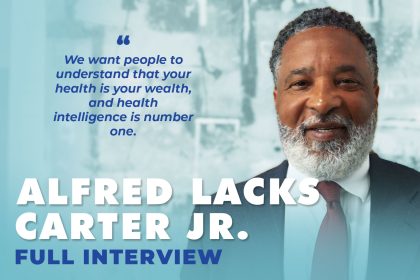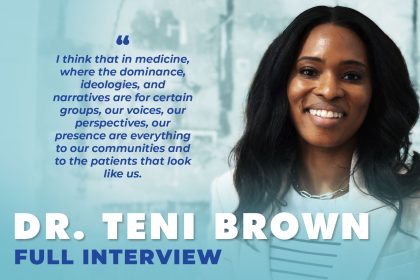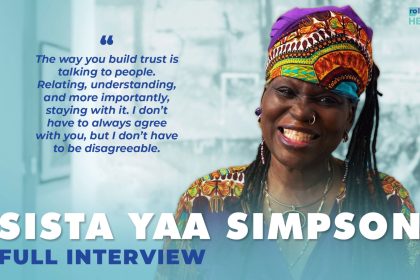Monica Gandhi, MD, MPH is a trusted professional informing the community about infectious diseases such as HIV and how it’s affecting other parts of the world. Through her research, Gandhi has a special interest in HIV in women, including differences between men and women in exposure to antiretroviral medication and therapy.
Dr. Gandhi spoke with rolling out about the stigmas surrounding HIV, trusting the science and finding trusted professionals.
What are some of the biggest stigmas that you’ve seen regarding HIV in the Black community?
The thing about HIV is it’s basically spread sexually. There is some spread through injection or drug use, but it’s mostly sexually spread. You already have taken a topic that America [is not] open about — and then especially if you bring in homosexuality. For example, [for] Black men who have sex with other men, there is a very high risk of [contracting HIV]. There’s so much stigma around same sex-activity in the Black community, [so] they’re not telling their parents; they’re not telling their friends; they may even be married — and that kind of down-low behavior can result in getting infected. What’s happening with women … because there are more heterosexual infections in women, is that they may not have their own risk, [they are impacted by] the risk of the men with whom they are with, as far as incarceration and America’s habit of incarcerating Black men. Incarceration can be a risk factor for getting HIV and then coming out and infecting women.
Why should people trust the science when it comes to HIV?
The reason I think they should trust the science is that HIV is an infection that … unfortunately stays in your body for life. There have been very few cures — and what we saw when we developed antiretroviral therapies or pills — is HIV changed from a chronically fatal disease to a completely manageable infection that you can live with lifelong and take a pill every day. The same is true of prevention: … these pills and these shots work for prevention. I do think that people [who work with] HIV and who go into HIV [medicine] are sincere. The doctors, the providers, the nurses, the social workers: this is a group of … sincere people who go into this. I definitely would never underplay the mistrust in Black communities for what’s happened in this country, but [with] HIV, the science is pretty clear.
How can someone living with HIV find a trusted professional to help them through their process?
We do have a series of clinics across the country that are funded by the Ryan White Care Program. The Ryan White Care Program is a congressionally supported program that supports and funds low-income individuals. If you’re not low-income, then there are HIV clinics for privately insured patients. I will say that it’s pretty easy to find an HIV provider, and you can go to a site called aahivm.org. They have listed all the HIV providers around the country. [It] is imperative that, if you get diagnosed with HIV, to get on pills or injectables as soon as possible because we don’t want any damage to your immune system to occur.
















